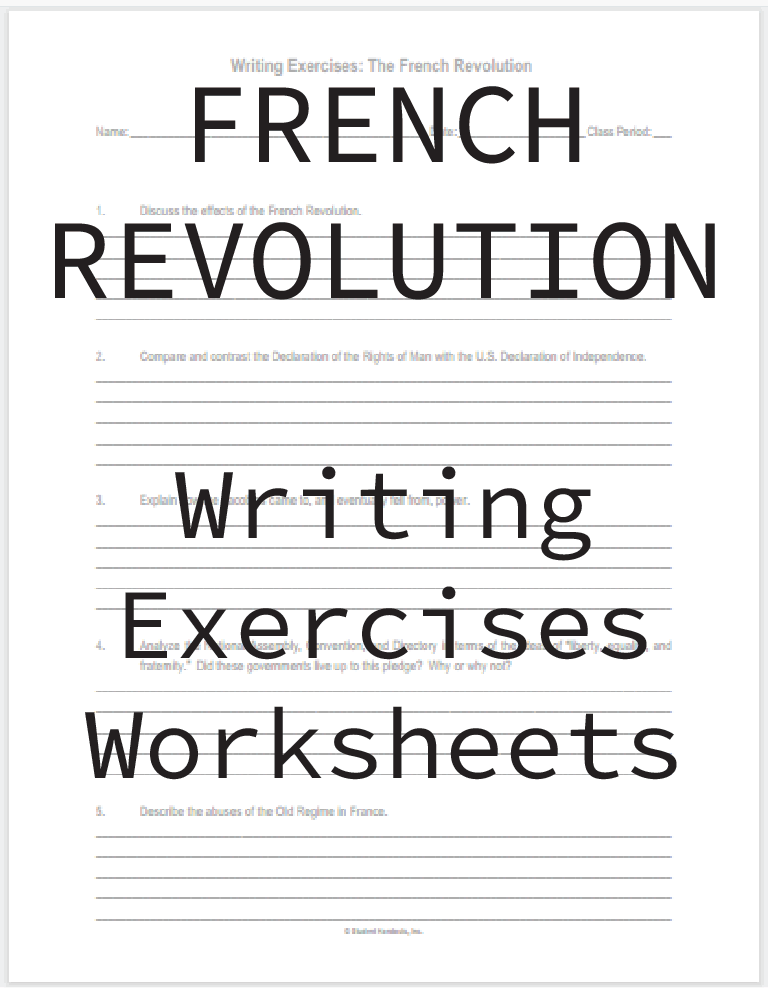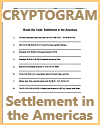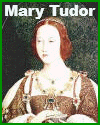The Jacobins, a radical political group during the French Revolution, played a central role in the events of the time. Here is an explanation of how the Jacobins came to power and eventually fell from it.
Rise to Power:
- Early Stages of the Revolution: The French Revolution began in 1789, and initially, the Jacobins were a relatively small and moderate political club. They were committed to constitutional monarchy and political reform.
- Radicalization: The radicalization of the French Revolution, marked by events like the fall of the Bastille and the August 4th decrees of 1789, fueled the growth of the Jacobin Club's membership.
- Louis XVI's Flight: The flight of King Louis XVI in June 1791 heightened tensions. Many Jacobins argued for the abolition of the monarchy and the establishment of a republic.
- Conflict with Girondins: The Jacobins had political rivals in the Girondins, another political faction. In 1792, the conflict between the Jacobins and the Girondins intensified as both groups vied for control.
- September Massacres: The September Massacres of 1792, during which prisoners were killed by revolutionary mobs, further polarized French politics. The Jacobins were often associated with the more radical elements of the Revolution.
- National Convention: In September 1792, the National Convention was convened, and the monarchy was abolished. The Jacobins gained significant influence in the Convention, and they were among the key players in the radicalization of revolutionary measures.
Peak of Power:
- Reign of Terror: The Jacobins reached the height of their power during the Reign of Terror, which began in 1793. Led by the Committee of Public Safety, they enacted radical measures to suppress counter-revolutionary forces, including mass executions by the guillotine.
- Committee of Public Safety: The Committee of Public Safety, dominated by Jacobins, effectively governed France during the Reign of Terror. Maximilien Robespierre, a prominent Jacobin leader, was a key figure in the committee.
- Widespread Control: The Jacobins exercised control over the government, the military, and the administration, and they implemented a range of revolutionary policies, including the levée en masse (mass conscription) and the dechristianization of society.
Fall from Power:
- Robespierre's Overreach: Robespierre's increasing authoritarianism and the radicalism of the Reign of Terror became increasingly unpopular. He targeted perceived enemies of the Revolution, including fellow Jacobins.
- Crisis and Opposition: The repression and paranoia of the Terror led to internal dissent within the Jacobin faction and opposition from other political groups, including the Thermidorians.
- Thermidorian Reaction: On July 27, 1794 (9 Thermidor Year II in the French Republican calendar), Robespierre and other leading Jacobins were arrested and executed during the Thermidorian Reaction. This marked the end of the Reign of Terror and the decline of Jacobin power.
- Moderation and New Constitution: The Thermidorians moved to moderate the Revolution, repealed many radical laws, and adopted a new constitution in 1795, ending the dominance of the Jacobins.
- Post-Thermidor Period: In the post-Thermidor period, the political landscape shifted, and the Jacobins faced increased persecution. Many were imprisoned or went into hiding to escape the political purges.
The rise and fall of the Jacobins within the context of the French Revolution reflect the volatile and tumultuous nature of the time. Their role in the Revolution had a lasting impact on the development of French politics and the trajectory of subsequent political movements and ideologies in Europe.
|











